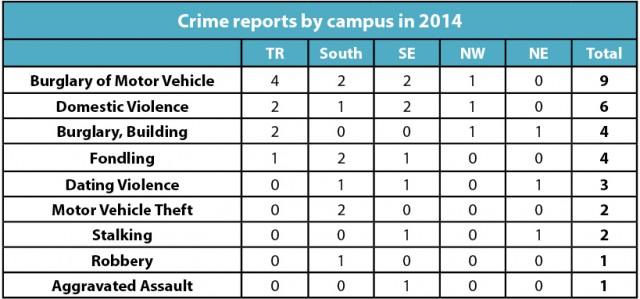By Tega Ibihiwiori/ reporter
A NW English professor shared ways for balancing life and school and the effective skills needed Oct. 8.
Angela Chilton said three top skills help students make adjustments to balance life and school: becoming organized, not procrastinating and scheduling study time.
Becoming organized is something difficult for anyone to accomplish, Chilton said. She provided two different types of organization. First is short-term organization, which could include creating a calendar for evaluation. She said students could write down everything to do such as shopfor groceries, take the dog to the park and even sleep.
“After writing everything down, be honest with yourself and your schedule,” she said. “It will help keep your short-term goal accomplished.”
Long-term organization would include keeping a list of goals, short- and long-term. Students who followed these steps felt more in control of their schedule, reduced stress, made time for important things, could concentrate on the activity at hand and could make better choices, Chilton said.
Chilton provided an academic plan worksheet to help students with their short- and long-term goals.
“Finding ways that work best for you is effective because some people use their phones or papers to create a calendar or to write down their daily activities,” she said.
Balancing between life and school involves studying, playing, parenting, working and having a social life. Chilton said all that can be done by keeping a list of things to do, creating a team, having backup plans and finding organizational patterns that work.
Some students said they decided to move back home to have care for their children. Others schedule date nights twice a month and family time as well.
“Prioritizing is key to be successful when it comes to balancing it all,” Chilton said.
Studying smarter is a great way to have a balance, Chilton said. Doing so involves an active role in the student part such as asking other students for help, writing notes, asking professors for help during office hours and joining study groups.
Procrastination also plays a big role, she said. Lots of study time is pushed aside to attend a party or watch TV. Quick time-saving tips such as setting a study group or recording TV shows to watch later could help prevent procrastination, she said.
Balancing life and school is not easy because everyone needs a social life, so they don’t drive themselves crazy, Chilton said.



























